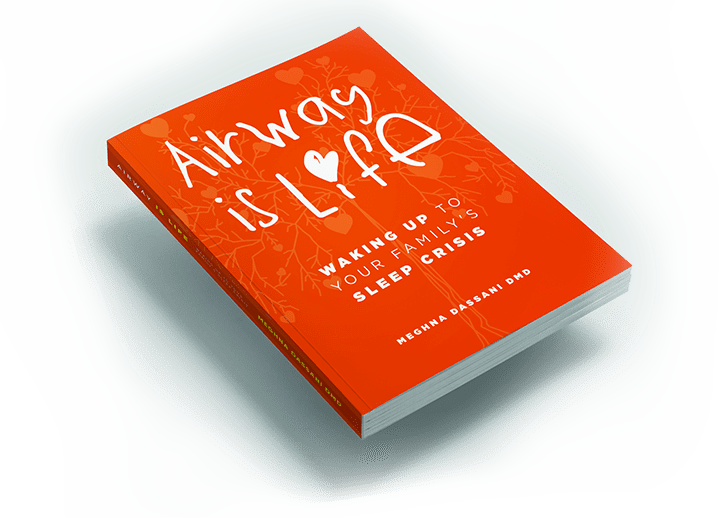The relationship between CBD and sleep – Exploring the potential benefits
Cannabidiol, or CBD, has gained a lot of attention for its therapeutic properties, including its ability to promote better sleep. As more people seek natural alternatives to traditional sleep aids, CBD has become a popular option.
Below, you’ll learn more about the relationship between CBD and sleep, exploring the benefits and how it affects the body’s endocannabinoid system.
What is CBD?
CBD is a natural chemical found in the Cannabis sativa plant. There are over 100 different cannabinoids in cannabis, and CBD is one of them. Unlike tetrahydrocannabinol (THC), another well-known cannabinoid, CBD does not produce a psychoactive “high” effect, yet it still makes you feel calm and relaxed.
CBD interacts with the body’s endocannabinoid system (ECS), which I’ll talk about below. The ECS helps regulate various physiological processes, including…
- Mood
- Appetite
- Immune function
- Sleep
Some people use CBD products to reduce anxiety, alleviate pain and inflammation, or manage a medical condition. You can also use CBD products to promote better sleep.
CBD is available in various forms. These forms include…
- Oils
- Tinctures
- Capsules
- Gummies
- Topical products, such as lotions and cosmetics
CBD’s regulatory status varies by country and region. In the United States, hemp was removed from the federal Controlled Substance Act, making hemp-based CBD legal and regulated at a federal level.
However, despite this development, the question of CBD’s legality is tricky. Certain states still consider any cannabis product to be illegal, and other states permit CBD to be used for medical purposes only.
You can learn more about the legal status of CBD in your state here.
The endocannabinoid system, CBD, and sleep
The endocannabinoid system is a complex regulatory system in the body that helps maintain homeostasis, or balance, across various physiological functions. The ECS consists of three main components:
- Endocannabinoids
- Receptors
- Enzymes
The relationship between the endocannabinoid system, CBD, and sleep has become an area of interest for researchers and people seeking alternative approaches to improve their sleep quality. CBD interacts with the ECS in a more indirect manner, influencing the activity of cannabinoid receptors and other neurotransmitter systems.
Here are some ways in which the endocannabinoid system and CBD may positively impact your sleep quality:
Regulate the sleep-wake cycle: The endocannabinoid system helps regulate the sleep-wake cycle. CB1 receptors are particularly abundant in the central nervous system, including areas associated with sleep regulation. Modulation of these receptors by endocannabinoids or exogenous cannabinoids like CBD may influence the sleep-wake cycle.
Reduce anxiety and stress: CBD has anxiolytic (anxiety-reducing) and stress-relieving properties. Anxiety and stress commonly contribute to sleep disturbances. By interacting with receptors in the ECS, especially CB1 receptors, CBD may reduce anxiety and promote a more relaxed state of mind conducive to sleep.
Manage pain: CBD is known for its anti-inflammatory and analgesic properties. Chronic pain conditions can significantly impact sleep quality. By reducing pain and inflammation, CBD may contribute to improved sleep in people with pain-related sleep disturbances.
Modulate REM sleep: CBD may affect the duration and intensity of rapid eye movement (REM) sleep. REM sleep is an important phase of the sleep cycle. It’s associated with vivid dreaming and memory consolidation. CBD’s influence on the endocannabinoid system may play a role in modulating REM sleep patterns.
CBD dosage and timing
The effectiveness of CBD for sleep can vary based on factors such as individual tolerance, body weight, and the severity of sleep issues. Finding the right dosage is a crucial aspect of using CBD for sleep, and it may require some experimentation.
CBD’s effects may not be immediate, and consistent use over time might be necessary to experience noticeable improvements in sleep quality. Additionally, consulting with a healthcare professional before incorporating CBD into your sleep routine is advisable, especially if you take other medications.
Dr. Meghna Dassani has practiced dentistry for over two decades and is passionate about the role dentists play in whole-body health. You can learn more at her website: MeghnaDassani.com.
Healthy Sleep Revolution Podcast
Snoring? Tired all day? Trouble focusing?
So many think these symptoms are common in kids and adults when tired. Join us as we debunk some of these common myths and put the spotlight on Sleep Apnea. Discover what constitutes healthy sleep and how we can help ourselves and our kids get the best sleep ever.


